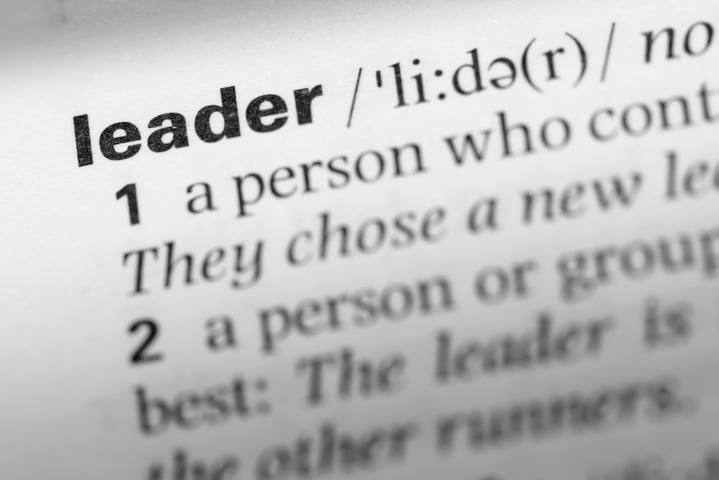First, we were awakened by climate change. Our emotions ranged from guilt to anxiety. Then came the corona epidemic, an unknown threat that we are facing with concern and fear. The epidemic has shaken up our lives in many ways. In addition to worries related to health, many are experiencing financial difficulties.
Challenging times place extra emphasis on leaders’ ability to lead their emotions and the emotional climate of their organisation. In 2019, I interviewed 17 Finnish executives for my research to find out how they relate to emotions during crises, which emotions they experienced and how they regulated their emotions at times of turbulence.
The results show that during crises, Finnish leaders emphasise rational thinking and strive to control emotions. In the light of my research, in Finland there is a strong belief that the role of a leader is to remain strong and stable, even insensitive. For Finnish leaders, it also seems difficult to deal with emotions of others, especially so-called negative emotions such as worry or fear. The emotional control of Finnish leaders is very strict.
However, during a crisis, a person, also a leader, inevitably experiences strong emotions – some of them negative. An essential part of the role of a leader is to lead the emotional climate in the organisation. This means accepting different emotions and discussing them but is not equal to bursting out all kinds of emotions. It is important for a leader to understand that denying emotions is as ill-advised as hiding the thermometer when a fever is rising. Emotional denial can cause a lack of impulse control and consideration. In other words, the more a leader engages in a dialogue with both his own and his organisation’s emotions, the more acumen he has and the better decisions he makes. Emotions always convey something important.
Open emotional climate increases confidence and innovation
During and after the corona epidemic, business leaders are required to make many difficult decisions. Leading the emotional climate will be essential when bringing organisations back to the growth path. Will leaders be able to create an open emotional climate, trust, and faith in the future? Emotionally skilled leaders are able to choose which emotions they reinforce. Recognising and accepting different emotions allows them to be genuine, flexible, and empathetic. This kind of leaders understand people’s thinking, are open for concern and criticism, and can channel energy into the right matters.
Emotionally skilled leaders create a safe emotional atmosphere and lead by example. They are compassionate and empathetic – also towards themselves. This creates a trusting, open and authentic climate in which people develop confidence in the future, and are committed, productive, self-directed, and innovative. They are able to take responsibility and have courage to act. This kind of teams achieve great results and will be helping the Finnish economy to recover from the consequences of this epidemic.
If you like to know more about my research, please contact me.







